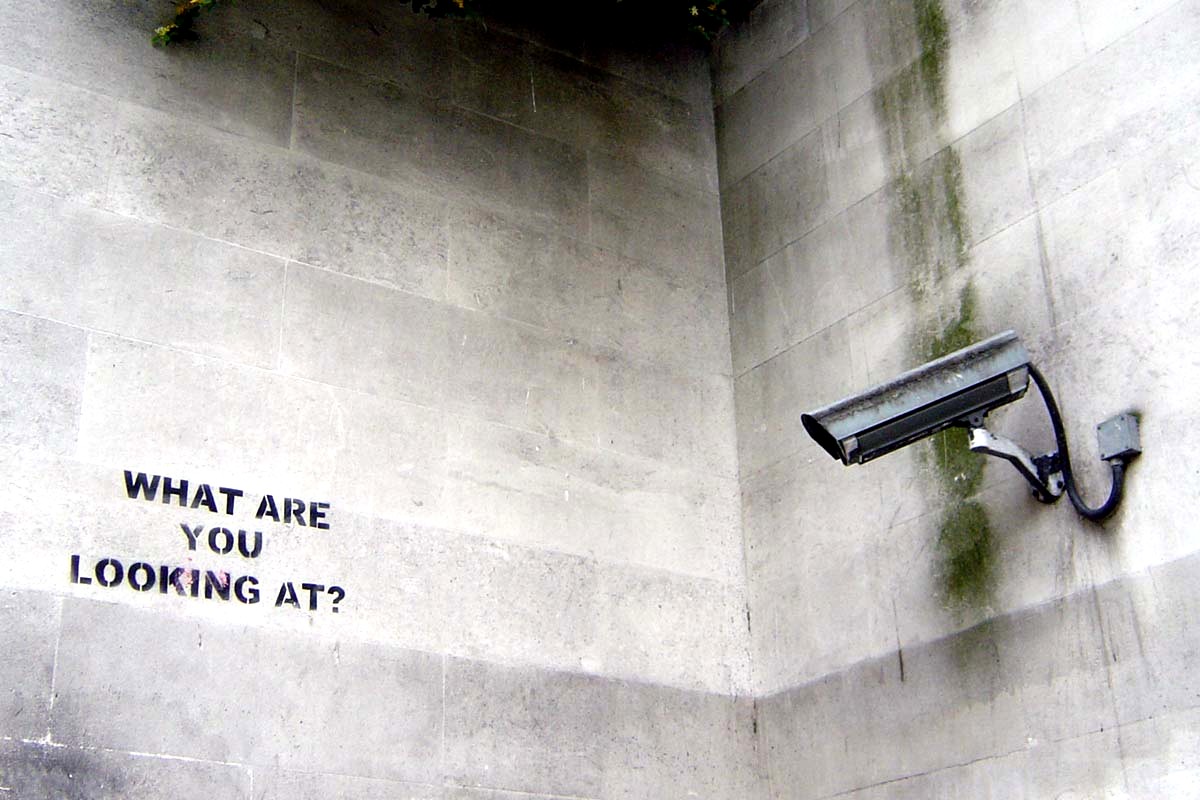[contextly_auto_sidebar]

The Investigatory Powers Bills that passed its finals stages in the House of Commons early this week, has been damned as ‘deeply flawed’ by privacy campaigners.
The final version of the so-called Snoopers’ Charter was passed in the Commons with 444 MPs voting in favour and 69 against after the Government won over the Labour vote following a series of concessions. Of the 870 amendments to the Bill that charities and campaign groups, including Privacy International, had proposed, only 18 were accepted by the Commons. All the accepted amendments had been proposed by the Government.
‘The overwhelming vote by MPs last night in favour of massively intrusive new state surveillance powers represents both a failure of the democratic process and a grim watershed moment for the privacy of every one of us’, sai Harmit Kambo, campaigns director of Privacy International.
Kambo criticised the ‘deeply flawed Bill’ which was ‘stubbornly pushed through’ by the Home Office ‘with little more than some tinkering at the edges’ and will give a ‘wide range of public bodies… the right to access our private data and communications even if we are not suspected of any crime’. He said that he was disappointed that the Labour had ‘acquiesced and voted in favour of the Bill, despite none of the amendments they proposed having been accepted’. ‘The only significant concession Labour received was an independent review of the operational case for the “bulk powers” – but it’s yet to be seen how effective that rushed review will be,’ he added.
Public bodies should not have this kind of power. As we’ve seen, it will inevitably be abused, used to target minority groups, and enable public bodies to go on fishing expeditions. This was supposed to be a crucial moment to shape world-leading surveillance legislation that balanced security and privacy but it is an abject failure on both counts.’
Harmit Kambo
The Labour MP Diane Abbott argued in the New Statesman that the new powers would become ‘the stop-and-search of the digital age’, pointing out that black Londoners are now ’28 times more likely to be stopped than white Londoners’. Muslim citizens would ‘bear the brunt of arbitrary surveillance’, she argued.
Anyone with a name that suggests they might be Muslim, will be more likely to be targeted amid a climate where millions of law-abiding British Muslims are treated with suspicion on the basis of the crimes of a handful of people.
Diane Abbott
Last month, the Investigatory Powers Tribunal decided it would not review 650 claims of unlawful spying unless claimants could justify why they thought they had been spied on – a decision that Privacy International deemed ‘unacceptable’.
The claims followed a February 2015 judgment in the case brought by a number of civil liberties groups including Privacy International, Liberty, and Amnesty International which resulted in a finding that that British intelligence agencies acted unlawfully in accessing personal communications collected by the US National Security Agency and that GCHQ had unlawfully surveilled Amnesty International and the South African Legal Resources Centre.
The Tribunal also held that claims for unlawful spying under the European Convention on Human Rights could only be brought by UK residents. ‘When a member state to the European Convention on Human Rights commits a human rights violation on its own territory – whether by unlawfully suppressing free speech rights, expropriating property, or conducting surveillance – the victims are entitled to judicial relief no matter where they live’, commented Privacy International’s legal officer, Scarlet Kim.






